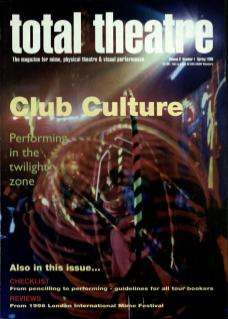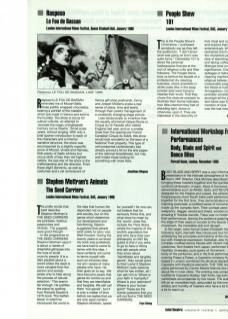Body, Blade and Spirit was a very informal presentation in the intimate atmosphere of the Purcell Room. IWF Director, Dick McCaw described the aims of bringing these masters together and the quintessential common philosophy of each. Most of the forms demonstrated such as Aikido, laido, and Tai-Chi were not designed for the theatre and indeed, the athletic artists of Kalarippayattu from South India were performing on stage together for the first time. They demonstrated awe inspiring exercises: a codified series of movements which made up the complex form. Their combat used different weaponry: dagger, sword and shield, wooden bat and amazing 6' flexible swords. There was no holding back in their performance, leaving the audience gasping, sitting on the edge of their seats in wonder at the beauty of the movement, the incredible skill and danger!
In the larger, more formal Queen Elizabeth Hall the following night, Kenneth Rea introduced four forms embodying the principles and training of the martial arts, but with theatrical expression: Kathakali, also from Kerali, a complex codified dance theatre with vibrant make-up and costumes; Noh theatre from Japan, performed by Dr Naohiko Umewaka, pure poetry of movement; Zen in the body of the performer; and in the final performance of the evening Passo a Passo, a Capoeira company from Brazil based in London combined the physical disciplines of Capoeira with theatrical elements. The Tide was a dance piece performed by Contre Mestre Marcos dos Santos about life in inner cities. The evening was completed with a traditional Capoeira display, high kicks, leg swings, and cartwheels accompanied by live music. The audience was left on an incredible high, astounded by the immense skill, artistry and humility of masters who have a lot to offer and a lot to teach us.

